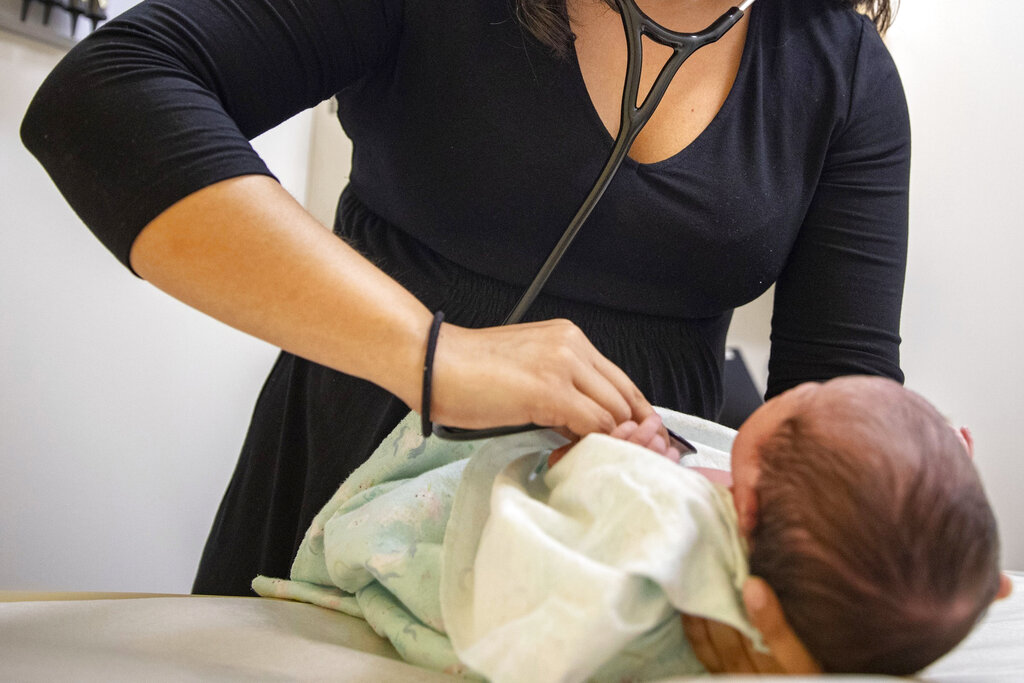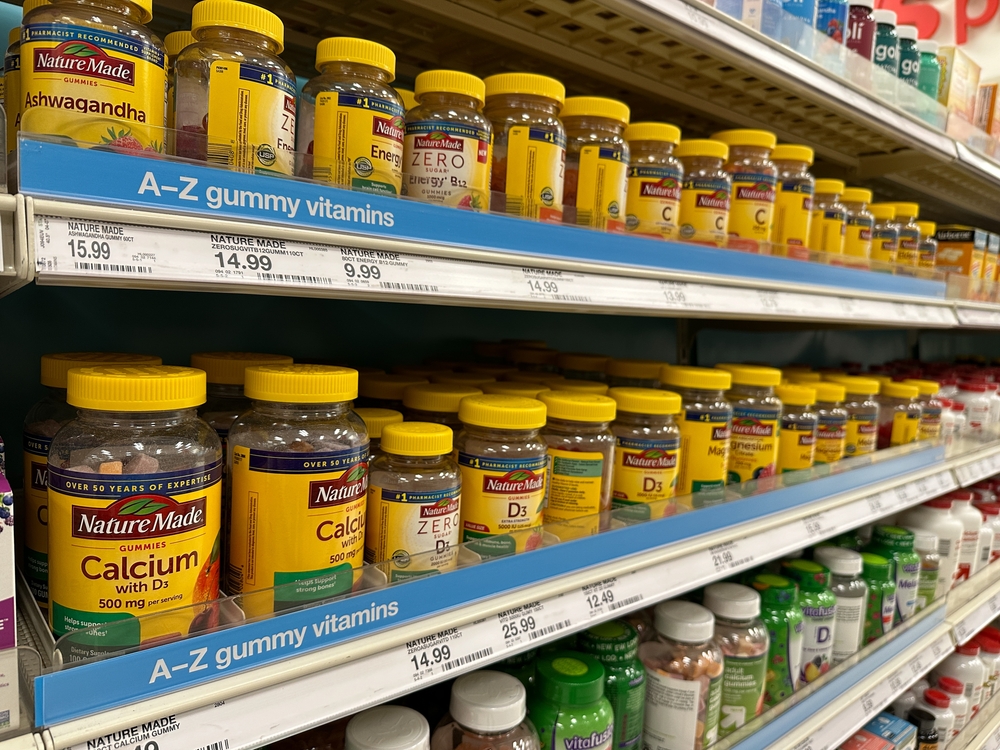The U.S. Food and Drug Administration has given the green light to a self-collection solution to test for HPV, making it one of the easiest options available in the U.S. for identifying those at risk of cervical cancer.
According to a press release by the pharmaceutical company Roche, the approval enables people to gather their own vaginal samples at a health care facility, and then send these samples for analysis, sparing them from any of the discomforts of a standard Pap smear.
“With vaccinations, innovative diagnostic tools and screening programs, achieving the WHO’s goal of eliminating cervical cancer by 2030 is within reach,” said Matt Sause, CEO of Roche Diagnostics, in the press release. “Our HPV self-collection solution helps support this goal by reducing barriers and providing access to HPV screening by allowing people to privately collect their own sample for HPV testing.”
Doctor Kathy MacLaughlin with the Mayo Clinic agrees with the pharmaceutical company, saying this method gives women more choices.
"This is not a preferred test. This is expanding the menu of options. If patients with a cervix are still able and willing to engage in traditional collection with a speculum exam, we are not suggesting that they change to self-collection," said MacLaughlin.
Additionally, Doctor MacLaughlin says the hope is that self-collection will improve screening rates for women who have historically been unscreened or underscreened.
According to a recent study in the American Journal of Preventive Medicine, which looked at racial and ethnic health disparities in cervical cancer screenings, non-Hispanic Black patients had the lowest screening use rate.
"Really, the fabulous thing about the self-collection option is that it can remove barriers for people who've had other reasons that they haven't been able to engage in a traditional exam," she said.
Roche says that while a regular Pap smear can find issues in the cervix, their testing can spot 14 high-risk HPV types linked to cancer in a much quicker time.
According to the National Institutes of Health, almost 13,000 women in the United States are diagnosed with cervical cancer each year, resulting in around 4,000 deaths, with most of the deaths occurring among under-screened women. Roche states their aim is to tackle under-screening by providing an alternative to traditional clinician collection methods through its self-collection process.
Editor's Note: This story has been updated to clarify how self-collection may improve screening rates.









